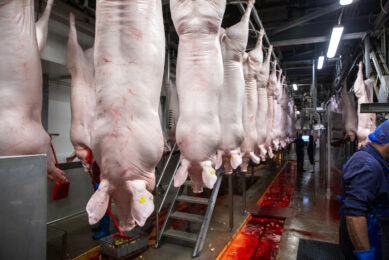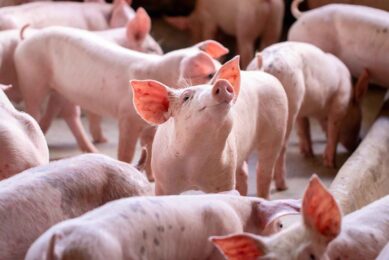K-State Researchers assess impact of FMD

Agricultural economists at Kansas State University recently predicted that a large outbreak of FMD in Kansas could cost a shocking US$945 million.
Such are the findings of two K-State professors of agricultural economics – Ted Schroeder and John Leatherman – in a paper published in the October edition of the Journal of Agricultural and Applied Economics.
FMD has not occurred in the US since 1929, but it would have devastating effects on intensive livestock regions such as Kansas State.
Analysis of FMD outbreak
The team focused its research on a 14-county region in southwest Kansas – an area with large cattle feeding operations.
Three scenarios were considered:
- Introduction of the disease accidentally at a single cow-calf operation;
- Introduction of the disease accidentally at a medium-sized feedlot;
- Introduction of the disease intentionally at five large feedlots.
The results revealed that the greater the number of animals infected, the longer the outbreak would last.
Slaughter of livestock
In the first scenario, 126,000 head of livestock would have to be destroyed and the outbreak would last 29 days. For the second scenario, 407,000 animals would be slaughtered and the duration would increase to 39 days.
However, FMD is predicted to wreck havoc in the third scenario – up to 1.7m head of livestock would have to be destroyed. The outbreak would carry on for a period of nearly three months.
Economic losses
In monetary terms, economic losses in all three scenarios would amount to US$23m, $US140m and $US685m respectively.
“Not just farmers, ranchers, feed lots and packers would suffer from such an outbreak, but the entire state,” commented Leatherman.
The study has led to an additional call for the National Bio and Agro-defence Facility (NBAF) to be located in Kansas by the dean of K-State’s College of Agriculture, Fred Cholick, saying that “agriculture has a huge impact in Kansas. Both Kansas and Manhattan are at the centre of the industry which NBAF is charged to protect. Disease does not have any boundaries, thus development of knowledge and surveillance are paramount to food safety”.
Related websites:
• Kansas State University College of Agriculture
• USDA











